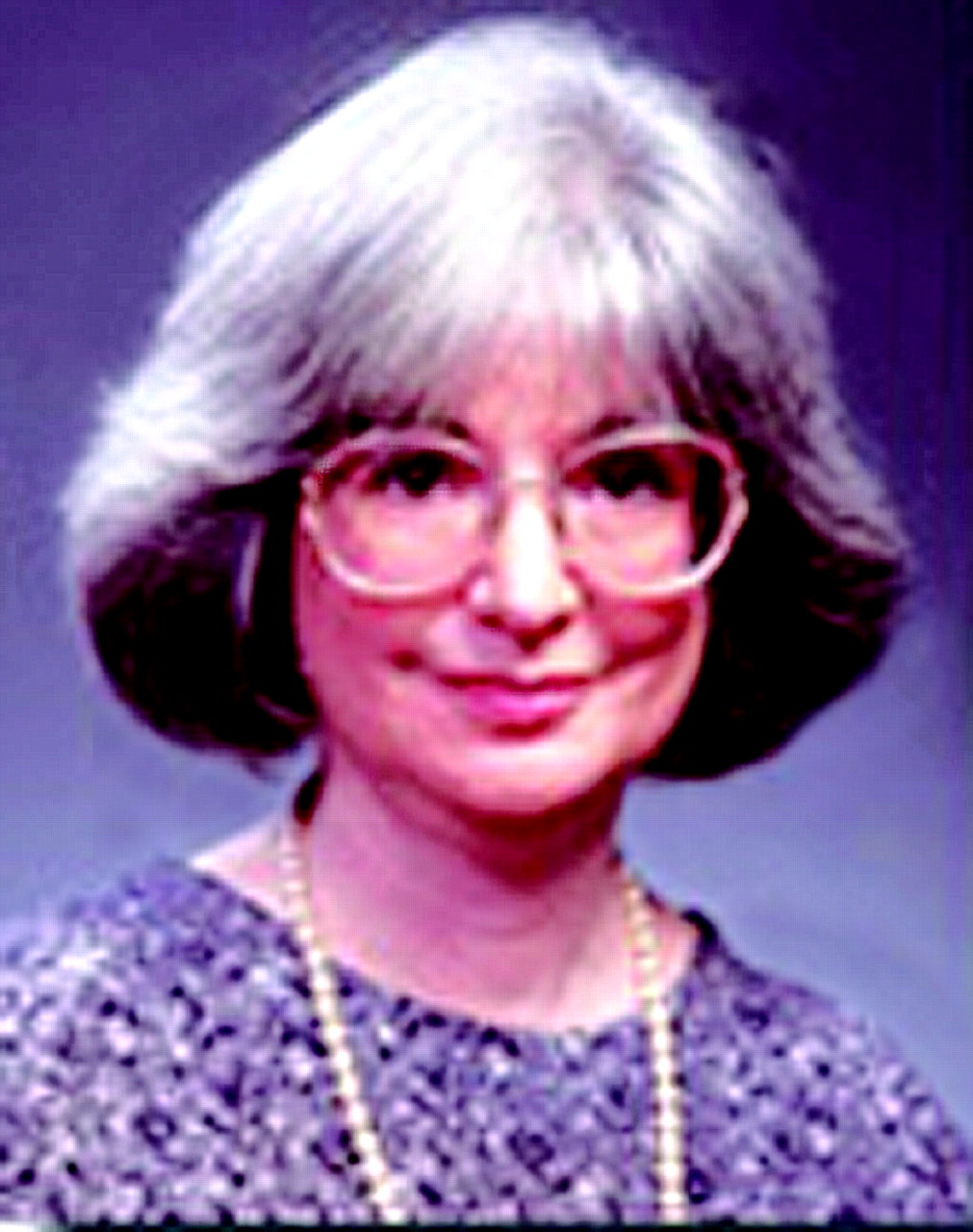McCartney to Succeed Charles As APA Representative to CMSS

Cheryl McCartney, M.D.: The CMSS “has addressed the development of core competencies for residents.”
APA President Richard Harding, M.D., appointed McCartney as APA’s representative to the Council of Medical Specialty Societies (CMSS) in September.
Founded in 1965 as the Tri-College Council by the American College of Obstetricians and Gynecologists, the American College of Physicians, and the American College of Surgeons, the organization provided a forum for medical specialists to discuss topics of mutual interest and concern.
In 1967 the organization became known as the CMSS when other medical specialty societies joined.
McCartney brings to the job considerable experience in medical education. Since 1998 McCartney has served as executive associate dean for medical education at the University of North Carolina School of Medicine in Chapel Hill. In this role, she oversees the undergraduate medical school curriculum, as well as admissions, student affairs, and continuing medical education.
From 1987 to 1998, McCartney was associate dean for student affairs. “Thus, the focus on educational policies for medical specialists in training and in practice is a major interest in my daily work,” McCartney told Psychiatric News.
According to McCartney, the CMSS seeks to improve education along the continuum from medical school, through residency, to continuing medical education. “The group has addressed the development of core competencies for residents and has developed tools to evaluate the residents’ achievement,” she said.
As a former consultation-liaison psychiatrist, McCartney said she has “incorporated the appropriate psychiatric content in the learning experiences of residents and practitioners of other specialties.”
McCartney also served as president of the North Carolina Psychiatric Association in 1989 and 1990 and chaired APA’s Committee on Women from 1995 to 1997.
The position to which Harding appointed McCartney is about to become vacant with the retirement of APA representative Sara Charles, M.D., from the post. Charles has represented APA since 1985 and served as president of CMSS from 1994 to 1995.
During her years at CMSS, Charles served as chair of the CMSS Patient Safety Committee, CMSS liaison to the National Practitioner Data Bank Executive Committee, and CMSS liaison to the AMA/Specialty Society Liability Project, which sought to identify emerging liability issues in managed care.
In 1997, while Charles served as chair of the CMSS Task Force on Ethics, the CMSS sponsored a national conference that resulted in the CMSS Consensus Statement on the Ethic of Medicine.
“CMSS serves as a parent, director, and steering committee member of national organizations involved in the highest level of educational policy,” Charles told Psychiatric News. She said that the organization maintains the standards that contribute to the infrastructure of education at both the graduate and practitioner levels.
Several other APA members are involved with the CMSS in various roles. These are Carl Chan, M.D., Sheldon Miller, M.D., Ken Altshuler, M.D., and Jessica Roberts, M.D. ▪



